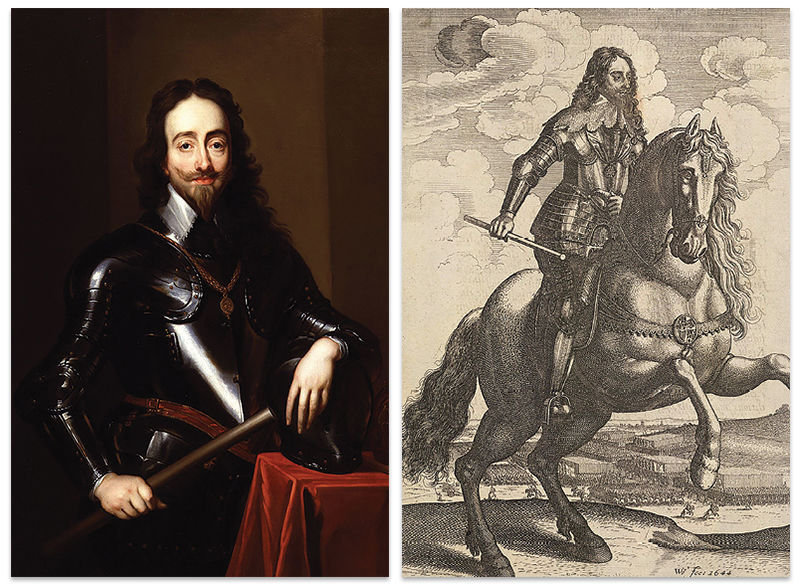Had King Charles I of England not been beheaded on January 30, 1649, our history would certainly have turned out differently.

Carolina and Charles Town owe their names to the reign of Charles I of England and his son, Charles II.
Charles, who was born in 1600 and took the English throne in 1625, was a firm believer in the divine right of kings. During his reign, he quarreled often and bitterly with Parliament, whose members ultimately rose against him.
A bloody civil war resulted, and Charles was captured and charged with treason. His execution on that January day ushered in the end of the Monarchy and the beginning of the British Commonwealth under Oliver Cromwell. After Cromwell died, another unsettled time ensued until Charles’s son ascended to the throne in 1660. The new king, Charles II, soon rewarded eight men who had been loyal to his father or who had used their influence to help him gain the crown.
In 1663, he granted Lord Anthony Ashley Cooper and seven other distinguished gentlemen vast powers over that part of the New World between Virginia, a British colony, and Spanish Florida. Styled as the Lords Proprietors, these noblemen laid out all the ground rules for Carolina, which had been named for Charles I (Carolus being Latin for “Charles”). And the Proprietors honored Charles II by naming the capital of the colony Charles Town.